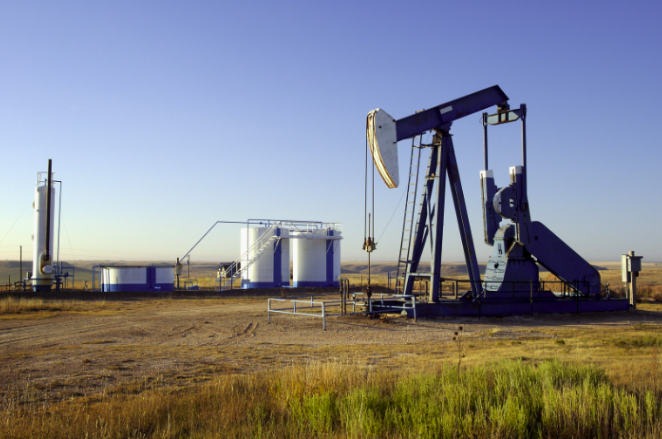Source: Kendrick Oil
In an era of trade tensions, AI disruption, and shifting global alliances, TXOGA Talks explores how Texas oil and natural gas must adapt to lead the next chapter of economic and energy transformation.
In the latest episode of TXOGA Talks, Todd Staples, president of the Texas Oil & Gas Association, and TXOGA Chief Economist Dean Foreman dove into the critical economic and geopolitical factors shaping the future of Texas energy. Amidst global trade tensions, economic uncertainty, and technological disruption, one message rings clear: the oil and natural gas industry in Texas must remain adaptable, forward-thinking, and resilient.
At the heart of the conversation is the reality that global market conditions are evolving rapidly. From trade disputes between the U.S., China, and Europe to the rising impact of artificial intelligence on business models and productivity, energy markets are facing both challenges and opportunities. Foreman outlines three possible scenarios for the future of energy in Texas, each with its own implications for infrastructure investment, pricing, and long-term strategy.
In the most optimistic scenario, global trade relations improve, tariffs are lifted, and countries like China resume energy imports, including liquefied natural gas (LNG) from Texas. Foreman points out that over 90% of Texas LNG exports currently go to Europe, with zero to China. If trade normalizes, we could see a rebalancing of export destinations and increased investment confidence, especially along the Texas Gulf Coast where multi-billion dollar LNG projects continue to progress. While this scenario offers tremendous upside, it also comes with the risk of U.S. complacency. Sustaining momentum will require renewed commitment to trade partnerships and long-term contractual relationships.
More likely, according to Foreman, is a scenario of increased economic regionalization, a shift that reflects current political realities and supply chain reconfigurations. As tensions with China persist, companies and governments alike are working to reduce reliance on adversarial nations by reshoring manufacturing and securing domestic supply chains.
For Texas, this presents both a challenge and an opportunity. While some export-oriented investments may slow, the state is well-positioned to lead a new wave of industrial growth, especially with ongoing policy initiatives like the Permian Basin Reliability Plan aimed at supporting manufacturing and data center expansion.
The third scenario is less probable but highly transformative: a convergence of AI disruption, unsustainable national debt, and strategic industrial shifts that forces the U.S. to rethink its entire economic model. In this future, energy is not just a commodity but a foundational enabler of innovation, manufacturing, and technological advancement. Texas, with its abundant natural resources, robust infrastructure, and pro-business climate, could play a pivotal role in leading this economic reinvention. However, as Foreman emphasizes, this moment must not be missed. Early investment in infrastructure and flexible energy systems will be key to capturing these opportunities.
Throughout the conversation, one theme remains constant: adaptability is critical. Whether Texas is navigating trade realignment, regionalization, or a broader economic transformation, the state’s oil and natural gas industry must be nimble. Strategic infrastructure, smart policy, and a focus on cost discipline will allow the industry to continue providing affordable, reliable energy while powering job creation and economic growth. As Texas legislators and industry leaders remain engaged and proactive, TXOGA believes the state is well-equipped to thrive in any of these potential futures.
The road ahead may be uncertain, but the industry’s commitment to innovation, resilience, and partnership positions Texas as a leader, not just in energy, but in shaping the economic future of the United States.

